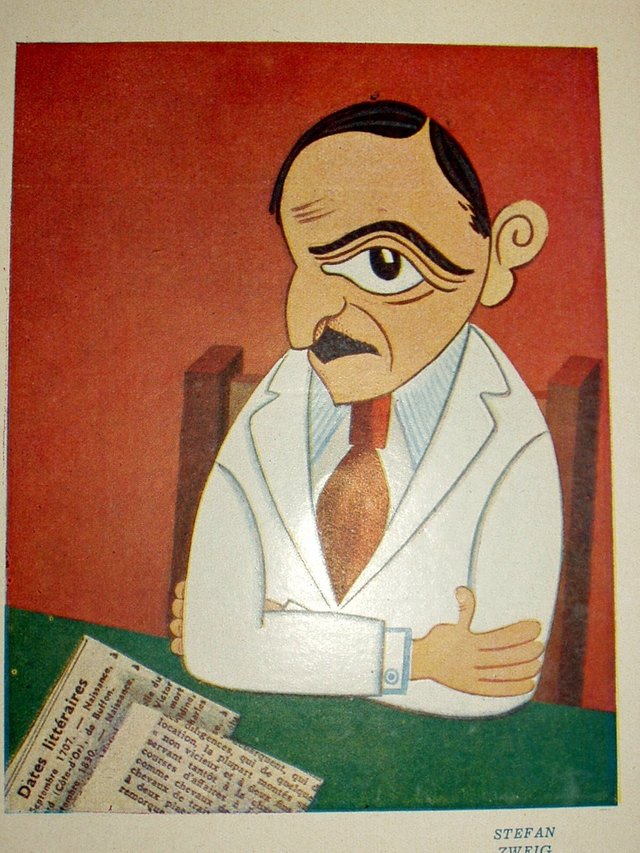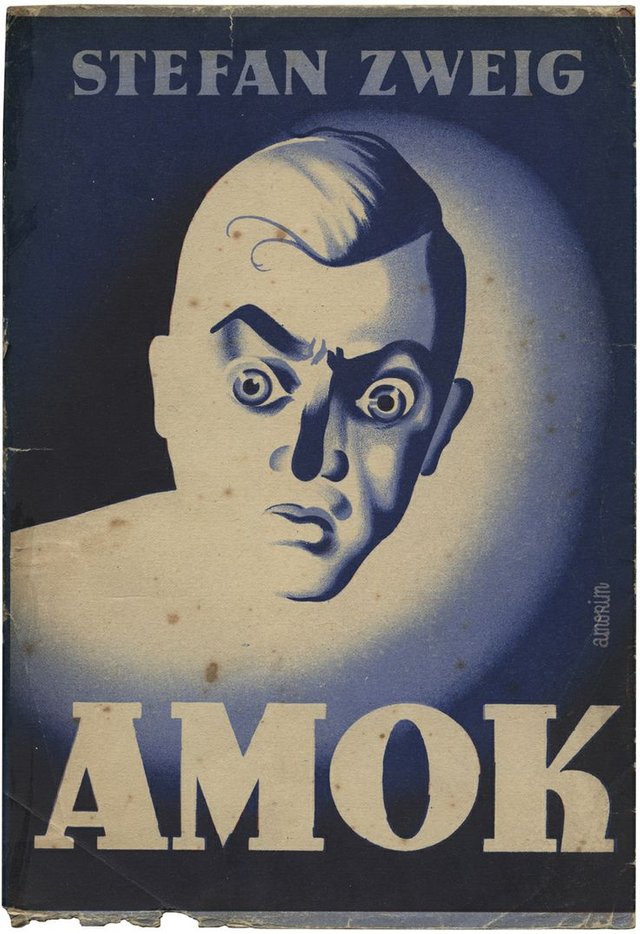Stefan Zweig’s Amok and Feminism
Stefan Zweig's 1922 novel 'Amok' is a small 60-page masterpiece. Handyse is trapping us in the streets of a 'feminist' text by squeezing us into the same paragraphs of grief and enthusiasm. Stefan Zweig's "passion to read, stuck in the cue" stuck in the free spirit of the soul and put it in our own soul. The harder it is to escape from the claustrophobia of diminishing cube-tinged dimensions, the more difficult it is to get rid of the 'passion' in Zweig's texts. You will not know how many steps you will take like a competitor running towards the sea on your greasy mast, in the atmosphere created by him, surely you will eventually fall. Importantly, you will receive damage when falling; No matter how 'heavy', destruction is so good for you, so 'brilliant'. Those who say that Zweig is "light" do not even have a pair of words, it is best to leave them alone with their own hell, the most beautiful ...
The novel's 1922 nostalgia 'Amok' is one of the best expressions of the 'oppression' of passion that we are talking about, the irrepressible dizziness. This 60-page 'little' masterpiece tells a story about a man and a woman, but it's almost like a picture of being a 'one' in a broad perspective.

This is the story of a "stable" woman who turns the doctor who came to lift the burden of pregnancy on the back of her forbidden love 'Amok'. Along with the woman who knows well what she does not want as much as she knows what she wants, the doctor identifies the 'no-know' nature of this run. The woman who brings the life journey built on memorized 'expectations' to the doctor presents her with a new 'life kiss' that reflexes do not work, but it is the most 'deadly', 'obsession'. This obsession directs the past / everything that is supposed to be 'human' to be a 'human', while the character is sentenced to a run that will not be able to stop. The woman who does not deviate for a moment is like Dr. He's turning a cadaver like Frankenstein into a life, giving him the chance to be 'being' ...

Stefan Zweig is a handyse 'feminist' by describing the story of a woman like 'state' in which social prejudices would spit or even 'recm' a punishment, moving from an exit point similar to Joseph Conrad's 1902 "Heart of Darkness" He is trapping us in a dead end of a text. It is also possible to push the woman to a Medusa 's line with a simple reading, stonewalling her man's gaze. However, there is nothing 'fantastic' here: we cannot say a clear thing about 'freedom' but we place the concept of 'concession', which fulfills the needs of our decision completely, There is a woman who has a nephew in this story. The doctor feels that he is experiencing a 'transformation' condition that will eventually become 'windless', exposed to the greatest destruction.

Let's go back to this point, just at this point, for this story. Zweig has succeeded in making these two characters, 'one', with the text that he has received about a hundred years ago, making the distinction between men and women, and bringing 'man' in common. The adventure that the woman is approaching to be the 'shadow of the dog', that man is the repulsive force, is 'making them equal' in such a way that it is all over, the story is finally getting to the end. This story of grief and enthusiasm, which is trapped in the same paragraphs, seems to be more than a 'third page' statement by society, but it accumulates new and more afflicted 'wild runners' every time it can contact the treasure chest.
Actually I am in love with Zweig, so I wrote his suicide story at here : https://steemit.com/writing/@readerchitect/the-sad-suicide-story-of-stefan-zweig-who-could-not-resist-the-nazis :)